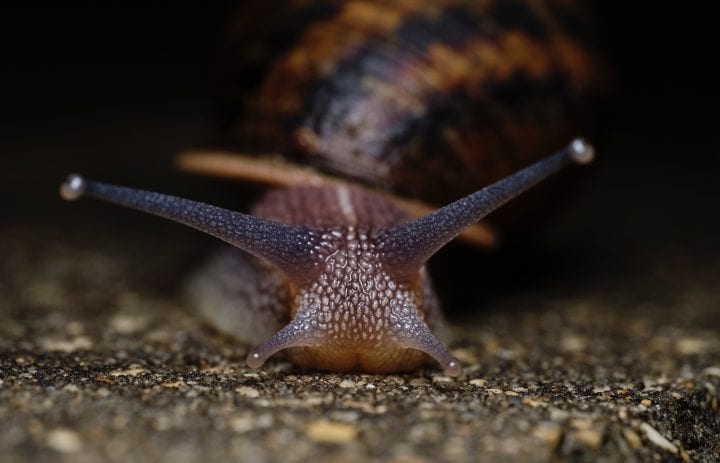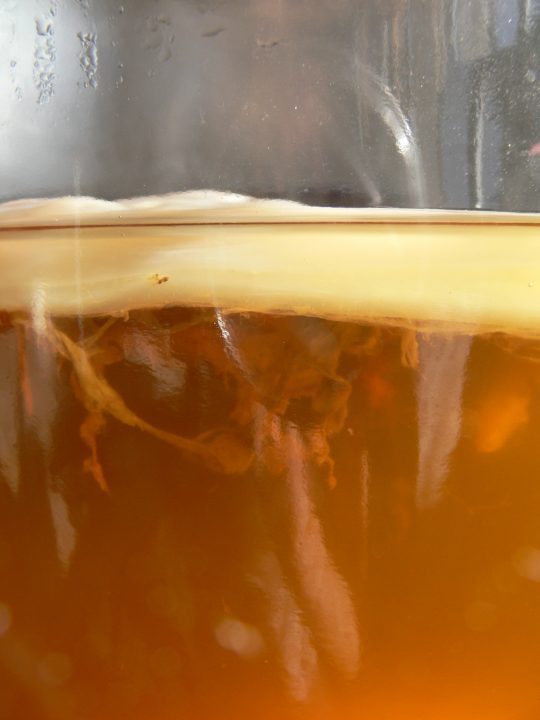Engineered bacteria from University of Wisconsin Madison convert lignin, a component of wood, into a material that could replace oil-based plastics.
Benefits
- Reduced waste
- Versatile
- Reduced energy usage
Applications
- Packaging
- Manufacturing
- Consumer products
UN Sustainable Development Goals Addressed
-

Goal 11: Sustainable Cities & Communities
-

Goal 12: Responsible Production & Consumption
Bioutilization
- Novosphingobium aromaticivorans
The Challenge
Plastics are a carbon-based material found in a variety of products from clothing to furniture. To create plastics, processes break long hydrocarbon chains into monomers, which are then used to create a variety commercial plastics. These processes require petroleum, are energy intensive, and result in greenhouse gas emissions.
Innovation Details
The plastic replacement is made from lignin digested by engineered Novosphingobium aromaticivorans bacteria. Lignin is a complex organic deposited in the cell walls of plants and is a common byproduct of the paper-making industry. The bacteria digest the polymer into 2-pyrone-4,6-dicarboxylic acid, also known as PDC. These bacteria are able to turn at least 59 percent of lignin’s potentially useful compounds into PDC, more than ever before. PDC could replace common petroleum-based plastics as a more sustainable solution because it naturally breaks down in the environment.
Biomimicry Story
Novosphingobium aromaticivorans bacteria thrives in soil rich in aromatic compounds such as contamination from petroleum products. The bacteria can digest lignin into smaller aromatic hydrocarbons.




